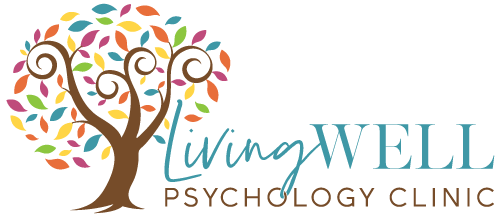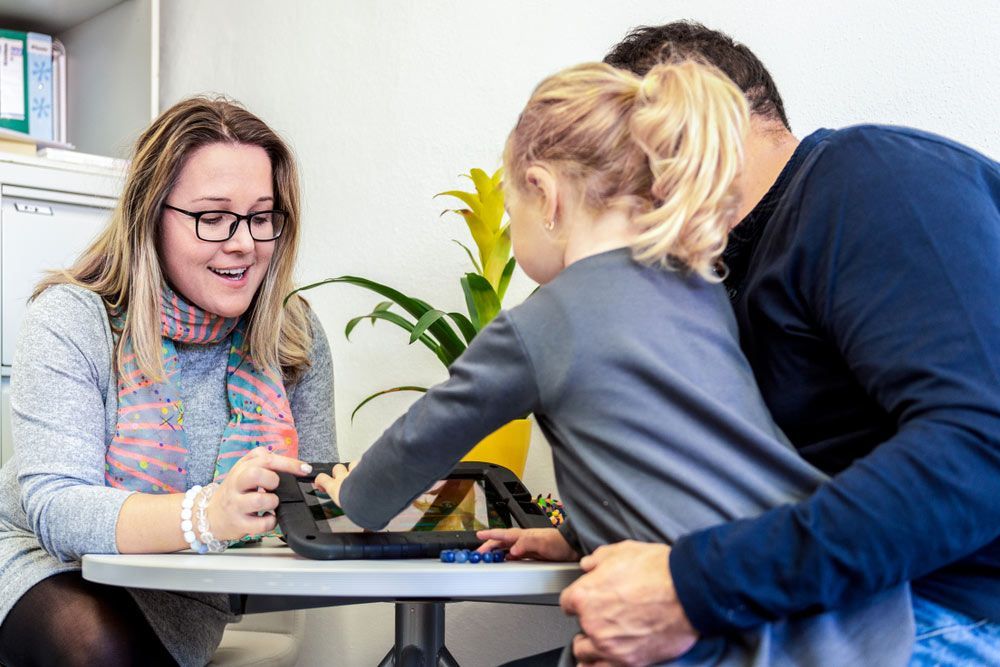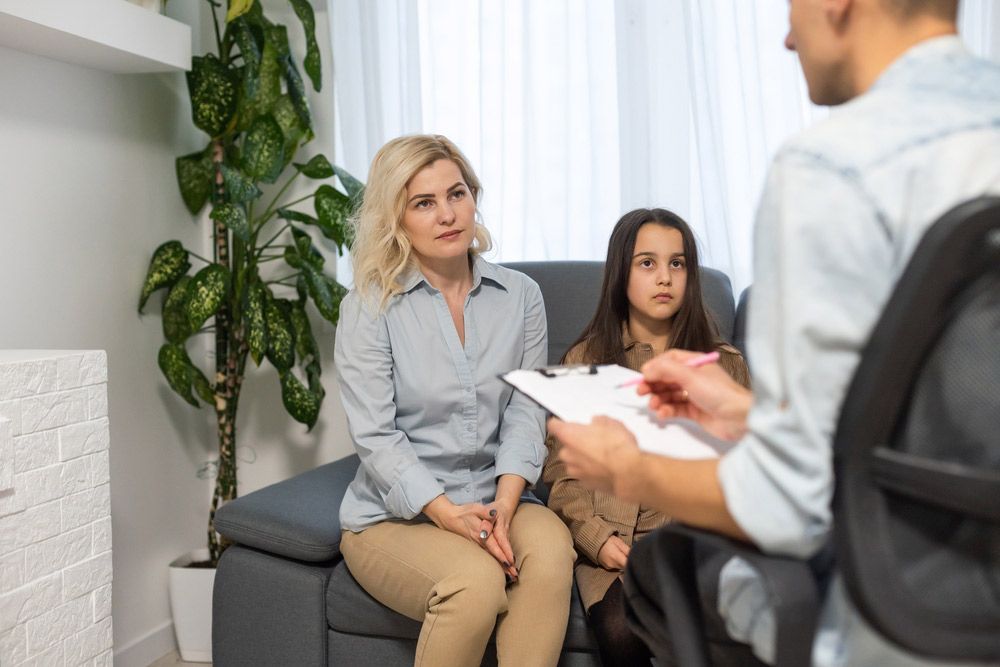Build Resilience & Unity
At Living Well Psychology Clinic, we recognise every family has its own culture, history and communication style. Our family therapy service aims to address conflicts or stressors by guiding each member toward healthy interactions and improved understanding. We offer a safe space for open discussions so underlying issues can surface and be tackled collaboratively.
When working with families, we focus on encouraging honest feedback, active listening and an empathetic mindset. This approach allows everyone to articulate their perspective without fear of judgment. By highlighting strengths already present within the family, we help build resilience and unity during challenging times. We also explore how each individual’s background and life experiences contribute to the overall family dynamic. Our intention is to create a supportive environment where relationships can grow, trust can be restored and families can learn constructive strategies that endure beyond therapy sessions.
Family therapy can be part of a broader approach that includes
individual or
couples counselling, providing comprehensive care for lasting change. Telehealth options are also available to ensure accessibility.
Frequently Asked Questions
Can family therapy work even if one member refuses to participate?
It can still be productive for remaining members to attend sessions and learn healthier communication methods. Although full participation often leads to more comprehensive results, the skills gained can still benefit the overall dynamic. Sometimes, reluctant members decide to join once they see constructive changes in others. Even partial involvement can spark a gradual shift in family interactions.
Is family therapy limited to addressing conflicts and negative situations?
Not necessarily. While many people seek therapy to resolve disagreements or tension, it can also reinforce positive patterns. Families may choose to attend as a way to strengthen bonds or improve how they navigate future challenges. By focusing on proactive habits, therapy can serve as a valuable resource for ongoing growth and unity.
How Family Therapy Works
Our process usually begins with an intake session where we invite everyone to share their concerns and hopes. This step helps us learn how communication patterns and behavioural responses have developed over time. During subsequent sessions, we rely on evidence-based methods to clarify unhealthy cycles and guide families toward better problem-solving. These methods can include role-playing exercises, structured conversations and home-based tasks that motivate constructive dialogue between meetings. We encourage each participant to practice new skills that reduce tension and foster respect.
By examining thoughts, feelings and expectations, we uncover factors that contribute to recurring disagreements. We also support individuals in addressing their own emotional triggers that may influence how they relate to each other. Through consistent reflection, we monitor progress and adjust our strategies as needed. Ultimately, our family therapy framework empowers members to nurture positive connections and handle future stressors with more confidence.
When To Consider Family Therapy
Family therapy can make a difference in a wide range of circumstances, including:
- Challenging transitions: Events like moving, a new job or a major family shift can create stress. Therapy assists families in adapting by developing coping skills and encouraging open dialogue.
- Ongoing conflict: Constant disputes may indicate deeper issues that need targeted attention. By introducing techniques for respectful communication, therapy helps reduce hostility and defensiveness.
- Emotional distance: Some families grow apart over time. We work on rebuilding trust and encouraging shared activities that rekindle bonds.
- Single-parent or blended families: Navigating new roles can be confusing. Therapy provides structured guidance, allowing members to establish routines and address feelings of uncertainty.
- Preventative support:
Some families seek help before problems escalate. Early intervention can strengthen communication and build a foundation for lasting harmony.



























